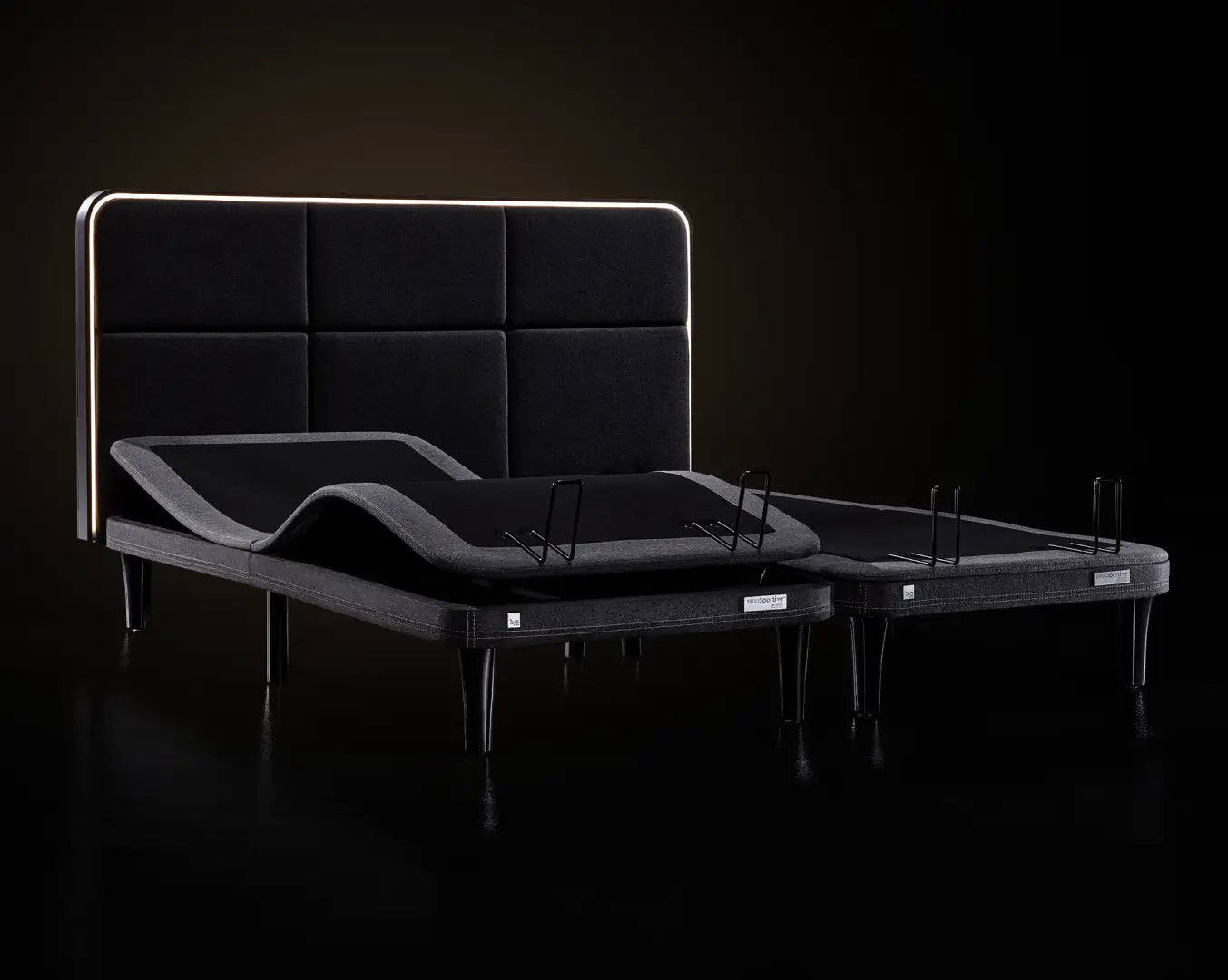Sleep deprivation can be caused by a number of factors, including stress, depression, and medical conditions. However, there’s one factor that is often overlooked – your diet can have a significant impact on your sleep quality, and even small changes can make a big difference.
World Food Day is celebrated every year on October 16th to raise awareness of the importance of a healthy, balanced diet. But did you know that what you eat can also affect your sleep? It’s no secret that both nutrition and sleep are essential for our health, but the connection between them is complex and not fully understood.
In this blog post, we will explore the relationship between diet and sleep, and provide tips on how to optimize both for better health and well-being.
What you eat can have a big impact on how well you sleep. Here are some ways that diet and sleep are connected:
-
An unhealthy diet can lead to poor sleep quality.
Junk food and processed foods can disrupt sleep by causing inflammation and interfering with the body’s natural sleep-wake cycles. Additionally, eating late-night snacks or replacing meals with snacks can also disrupt sleep.
A study found that people who skip breakfast, eat late-night snacks, or replace meals with snacks are more likely to experience poor sleep quality. The study also found that these people were more likely to have symptoms of insomnia, such as difficulty falling asleep and staying asleep.
-
Sleep deprivation can also have a negative impact on diet.
When not rested, people are more likely to make unhealthy food choices and even overeat. There is plenty of evidence that sleep deprivation can lead to increased hunger, appetite, and food intake, which can increase the risk of developing metabolic diseases such as type 2 diabetes and obesity.
-
Food digestion can interfere with the production of melatonin, a hormone that helps regulate sleep.
Eating a large meal before bed can suppress melatonin production by up to 50%. This is because the body prioritizes digestion over sleep when it is digesting a large meal. The body temperature also rises during digestion, which can make it more difficult to fall asleep.
-
Getting a good night’s sleep can help you make better food choices and lose weight.
According to a study of diet composition and objectively assessed sleep quality, a diet high in complex carbohydrates, healthy fats, and protein is associated with better sleep.
When you are well-rested, you are more likely to make healthy food choices and stick to your calorie goals. Researchers found that people who lost weight while getting 7-8 hours of sleep per night were more likely to keep the weight off than those who lost weight while getting less sleep.
Sleep better by eating right on schedule
If you’re having trouble sleeping, it might be time to take a look at your diet. Here are a few tips for improving your sleep by managing meal timing:
-
Eat your last meal at least three hours before bedtime
This will give your body time to digest the food and avoid feeling too full or uncomfortable before bed.
-
Maintain a healthy diet overall
A healthy diet includes a variety of nutrient-rich foods and limits processed foods, sugary drinks, and unhealthy fats.
In addition, eating magnesium-rich foods can help you sleep better, according to a study published in the journal “Sleep Medicine.” They found that people who took magnesium supplements for 8 weeks were more likely to get a good night’s sleep than those who did not take magnesium supplements. Magnesium is a mineral that helps regulate sleep, and foods that are high in magnesium include nuts and seeds, dark leafy greens, beans and lentils, whole grains, yogurt, and salmon.
-
Avoid caffeine, alcohol, and sugar
Caffeine is a stimulant that can make it difficult to fall asleep. Alcohol can disrupt sleep later in the night, and sugar can cause blood sugar levels to spike and then crash, making it difficult to fall asleep.
If you were very active during the day and burned a lot of calories, you may need to eat a small healthy snack before bed to avoid waking up starving. The best options include fruits and vegetables, whole grains, and lean protein.
Upgrade your lifestyle with an ErgoSportive Smart bed
As you’ve learned in this blog post, diet, exercise, and sleep are essential for good health and well-being. And by choosing Ergomotion® Plus advanced technology you will improve all three of them!
Here are just a few of the things that the ErgoSportive™ bed can do for you:
-
Get personalized insights on your sleep quality
The built-in sleep tracker monitors your sleep quality, including how long you sleep, how often you wake up, and how deep your sleep is. This data can be used to provide you with personalized insights on how to improve your recovery.
-
Adjust to your preferred sleeping position.
The ErgoSportive™ bed has a variety of adjustable positions that can be customized to your individual needs. This can help you find a position that is comfortable and supportive, and that promotes better sleep.
-
Stay on track with your fitness goals
Connect your Garmin® device to your ErgoSportive™ bed to track your sleep data and fitness goals, and stay motivated to reach your goals.
-
Track your calorie burn and weight loss progress
Ergomotion® Plus technology tracks the amount of calories you burn during the night, so you can see how much progress you’re making towards your weight loss goals.
Order your ErgoSportive™ bed today and start enjoying a better night’s sleep, a healthier lifestyle, and a stronger body!




